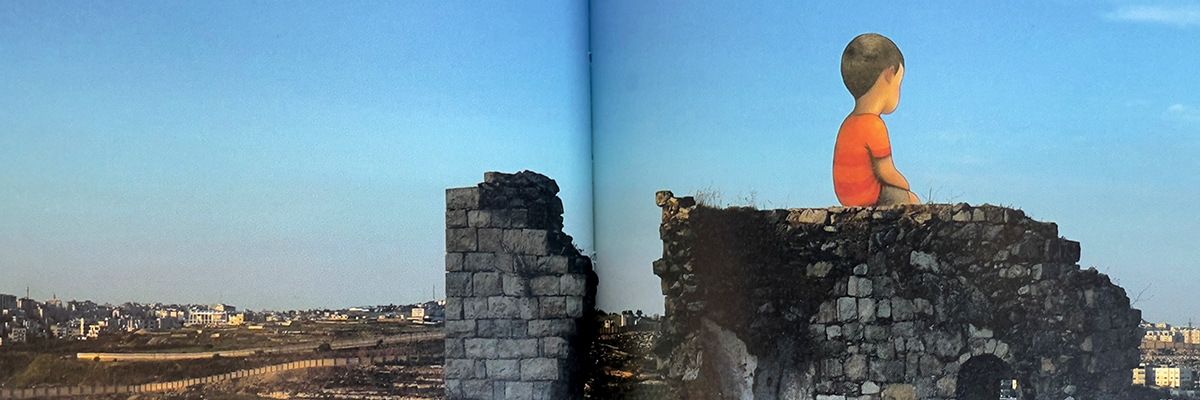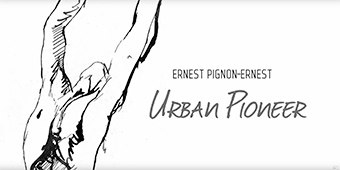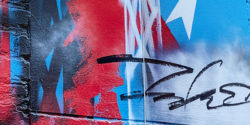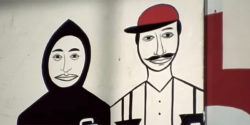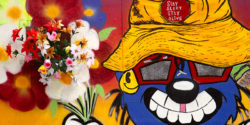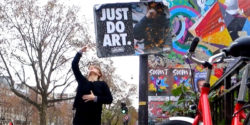“In a world where the system alienates the most vulnerable, imposing a cynical or pessimistic outlook seems impossible to me,” says French street artist Seth. “Walls remain the space of resilience. Unlike cartoons, which leave no room for ambiguity, the choice to interpret a mural is essential. The curious are free to discover the hidden meaning.”
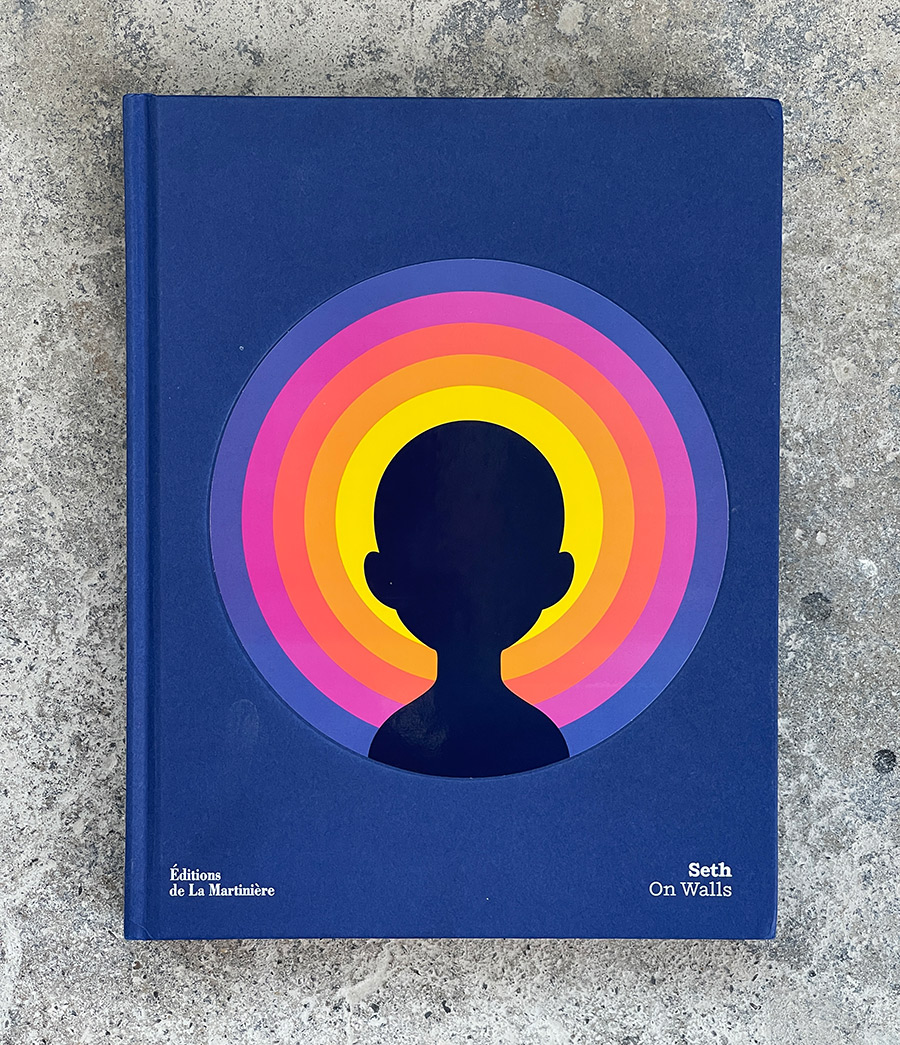
His new book “Seth On Walls” candidly offers these insights and opinions, helping the reader better understand his motivations and decisions when depicting the singular figures that recur on large walls, broken walls, and canvasses. A collection that covers his last decade of work in solo shows, group shows, festivals, and individual initiatives, you get the central messages of disconnection, connection, and honoring the people who live where his work appears.
“On the street, the first audience for the paintings are the people who live there,” says the former graffiti writer who has developed a distinctive otherworld for his usually faceless children that lies just through the looking glass, parallel to ours, its feelings running deep. The list of rural areas, often in the margins of the dominant culture and overcoming significant obstacles, is longer than your arm. Each time he creates a new mural, he consults the history, the stories that resonate in the tales told.
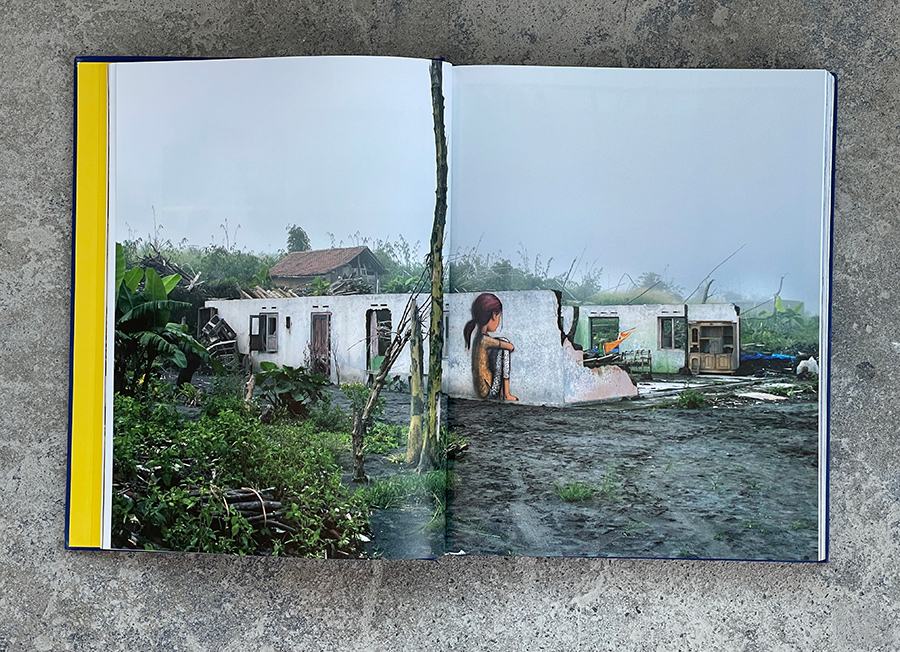
“They belong to the realm of childhood, where the impossible does not exist. But make no mistake: the apparent gentleness of the palette is not without menace,” says Sophie Pujas in the foreword. “Like children’s games, in which cruelty is always lurking, Seth’s murals are bearers of melancholy, imprinted with a secret darkness.” Pujas is confirming what you had been thinking, but could not quite identify; a longing for escape from the dramas and traumas that often scar us from the youngest age.
With rich, well-framed color plates, the collection takes you to towns and parts of towns you didn’t know about but are still familiar with. The attendant brief descriptors of mission and technique are matched in their conciseness by his account of his interactions with the locals, who many times help to fill the colors of his murals.
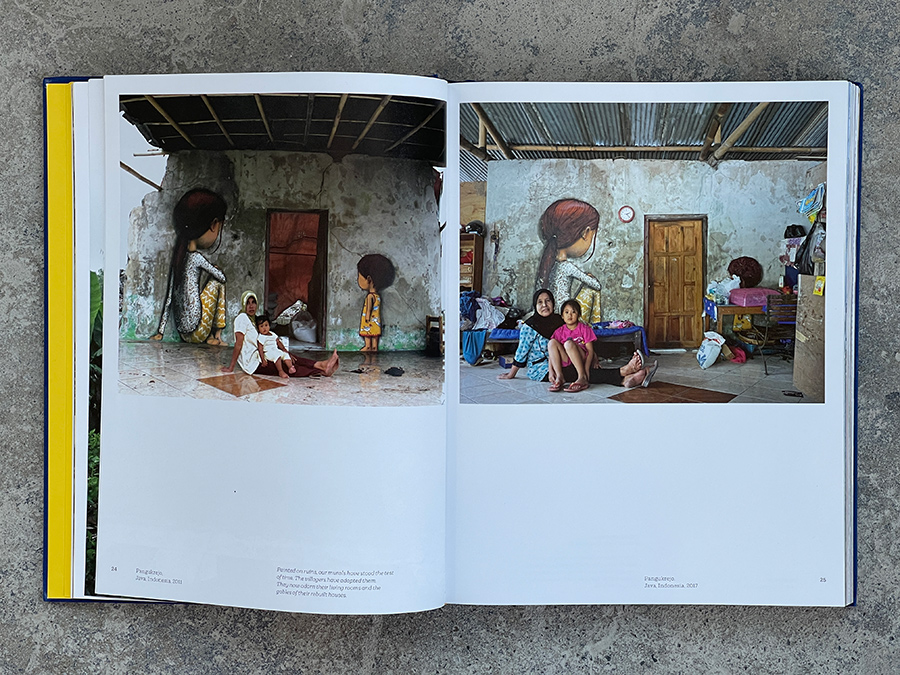
From his home country of France, he has traveled and stayed in communities far from his familiar environs, such as Palestine, Djerba Island in Tunisia, the Sichuan province in China, Indonesia, Haiti, South Korea, French Polynesia, and even in war-torn Ukraine. Conditions may be far from ideal, and sometimes are dangerous.
Still, he enjoys meeting new people, understanding their history and culture, and gifting them with pieces that sometimes resonate so profoundly that they build around them to preserve them when new construction threatens to destroy them. If he can find a way to encourage, that is also part of his mission; he says numerous times in various ways. In Ukraine in 2017, he reflects on the bitterness that fueled hostilities that were too unsafe for him to complete his project, he says in his account.
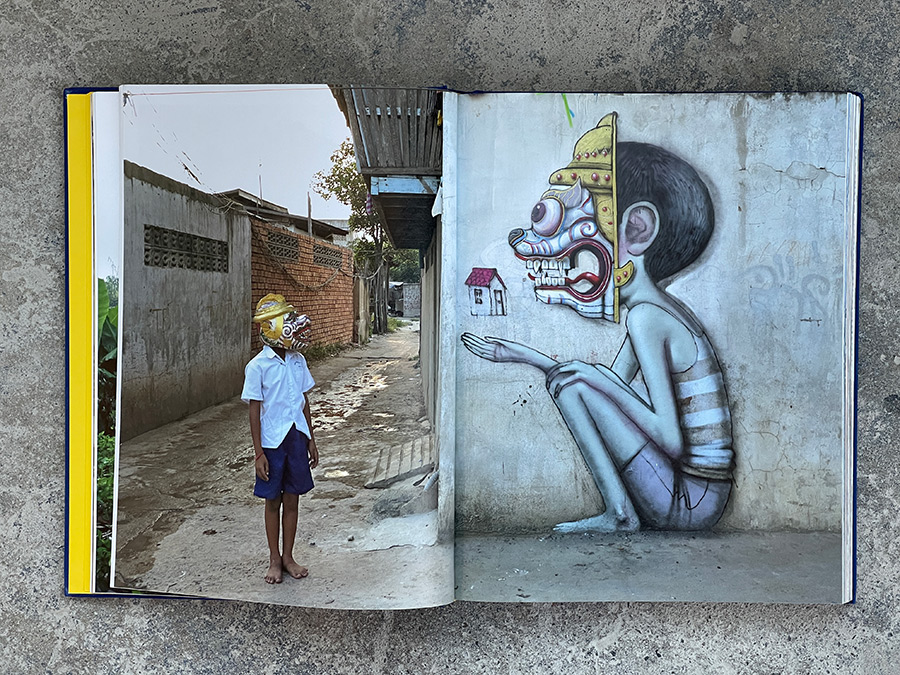
“Two years after my first visit to Popasna, I returned to paint the school’s last wall. The fear of sniper fire had deterred us from finishing the project. Although still fragile, the situation seemed more stable,” he says. “Despite the lull, propaganda ended up dividing families fed up with the situation. This painting spoke of the need to stick together, despite the events.”
We primarily chose Seth to paint the only mural inside the UN Museum for Martha Cooper’s career retrospective “Taking Pictures” in 2020 because the two have an overlapping interest in the anthropological, ethnological study of children’s play. During successive trips to Haiti and her most recent one with Seth, Cooper marvels at the innate creativity of humans when we are kids, and how resourceful children can be – even when there are few resources.
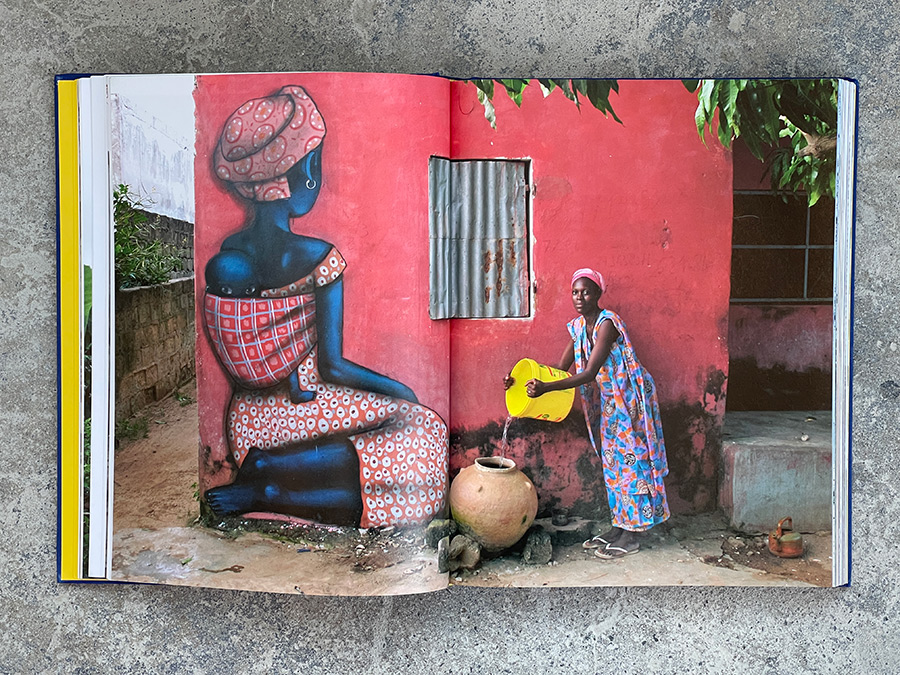
“Our shared love for the world and the imagination of childhood brought us together,” he says, “Forty years after her first trip to Haiti, off together to meet these creative children.” Remarking on the daunting economic, political, and environmental challenges faced by most of the folks they met, he says the kids were ingenious in their resourcefulness in making tools for their play world. “Bottle cars, yogurt telephones, spinning tops, flying kites – treasures of ingenuity that the children were proud to share.
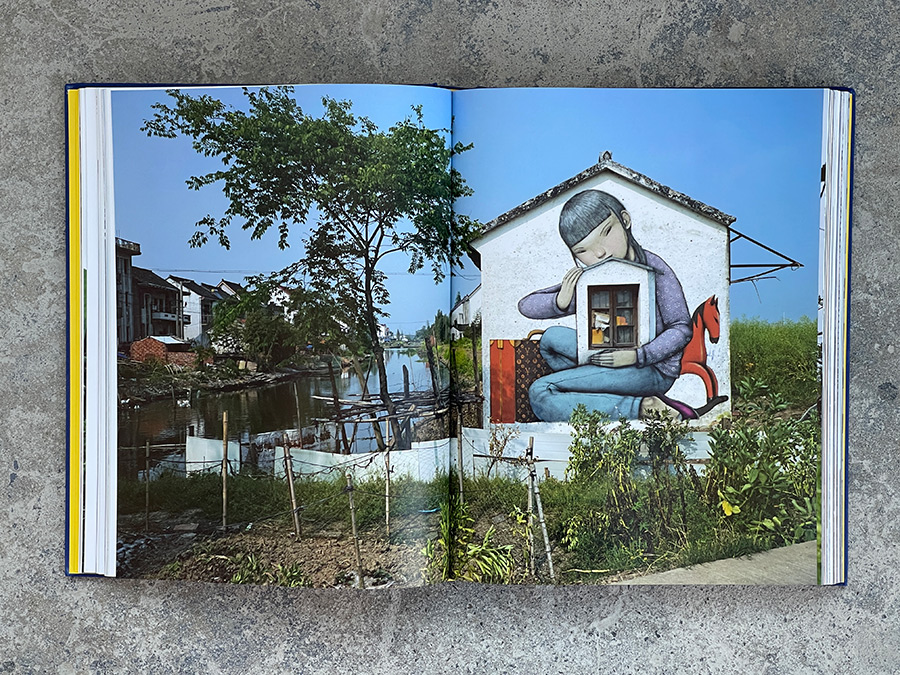
“Seth On Walls” reiterates his connection to the otherworld we inhabited as children, almost as a way to get back there. The work in one decade is prodigious, yet in many ways, it is uniquely targeted to individuals, and in the process, finding the universal.
“Murals are nods and tributes to the spirit of the places they are part of,” says Pujas. “Each people has its own ghosts, spells and stories. Interpreting them on walls provides a continuation, further journeys. Bringing them to life helps to save them, to keep them alive. From wall to wall. Seth composes an artistic and subjective ethnography, recording the collective history of the countries visited as well as the warmth of remarkable encounters.”
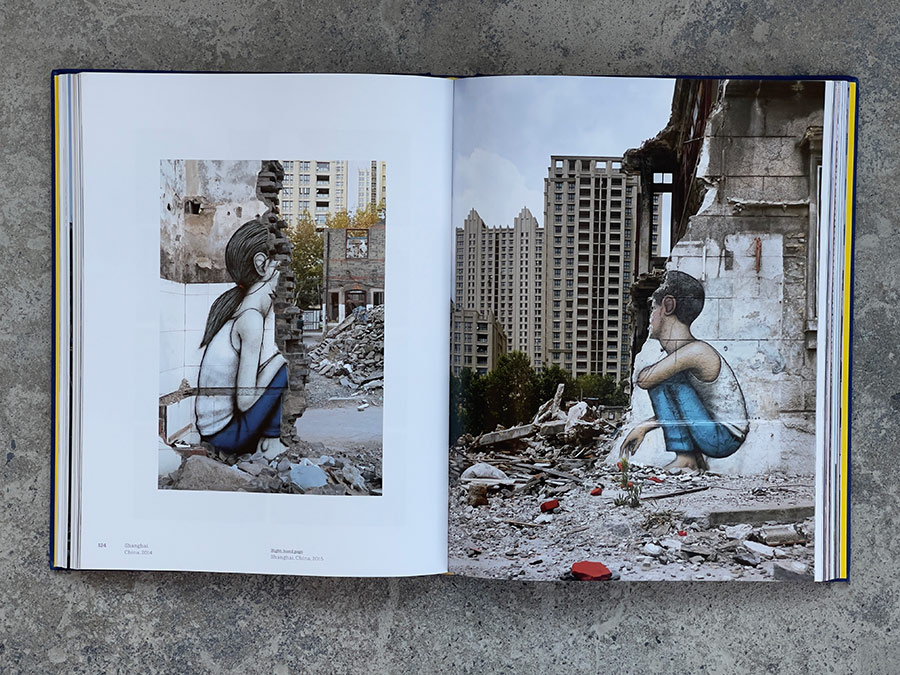
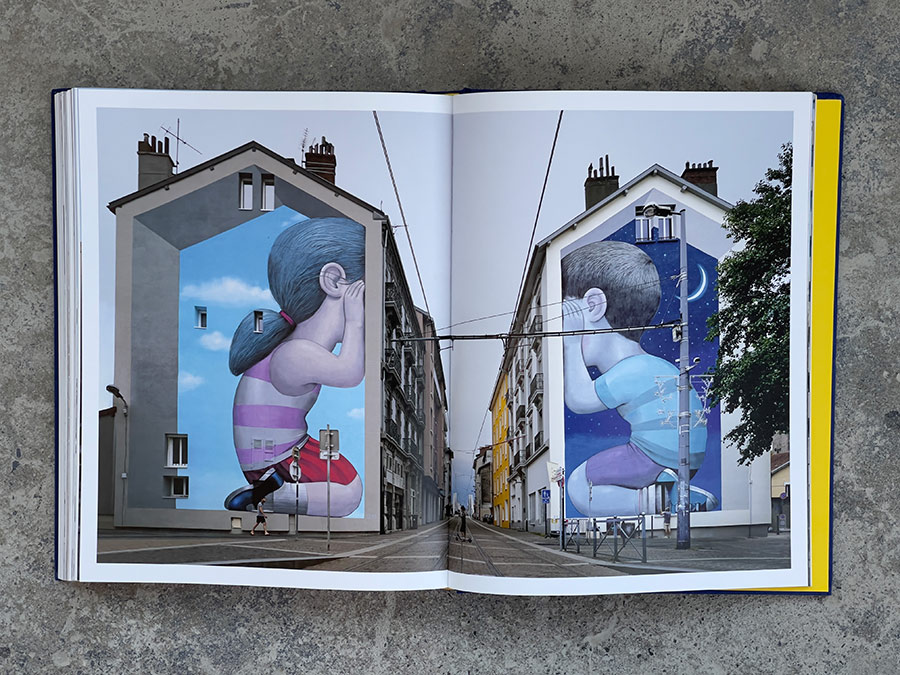
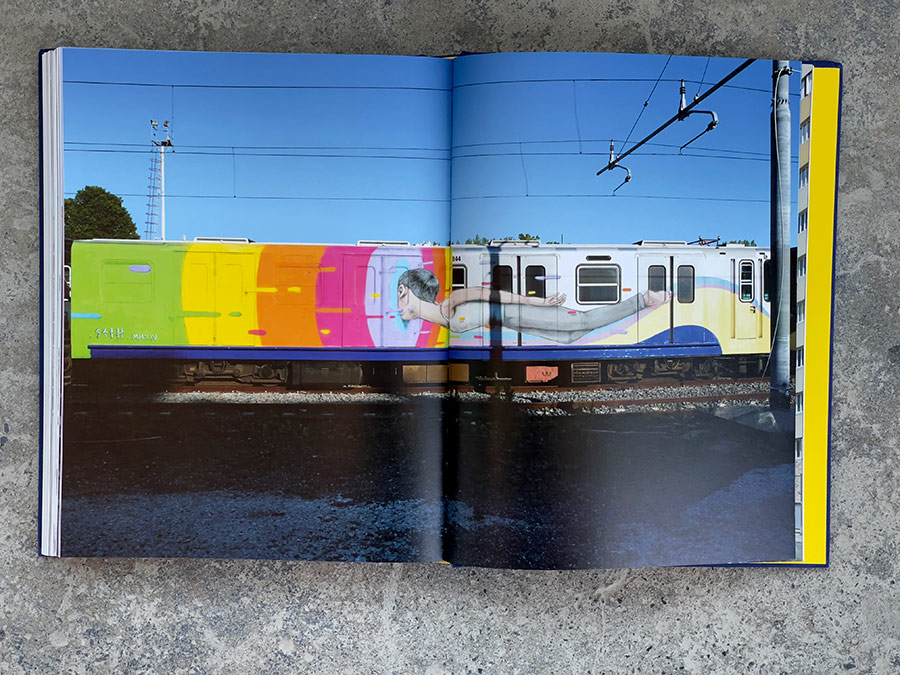
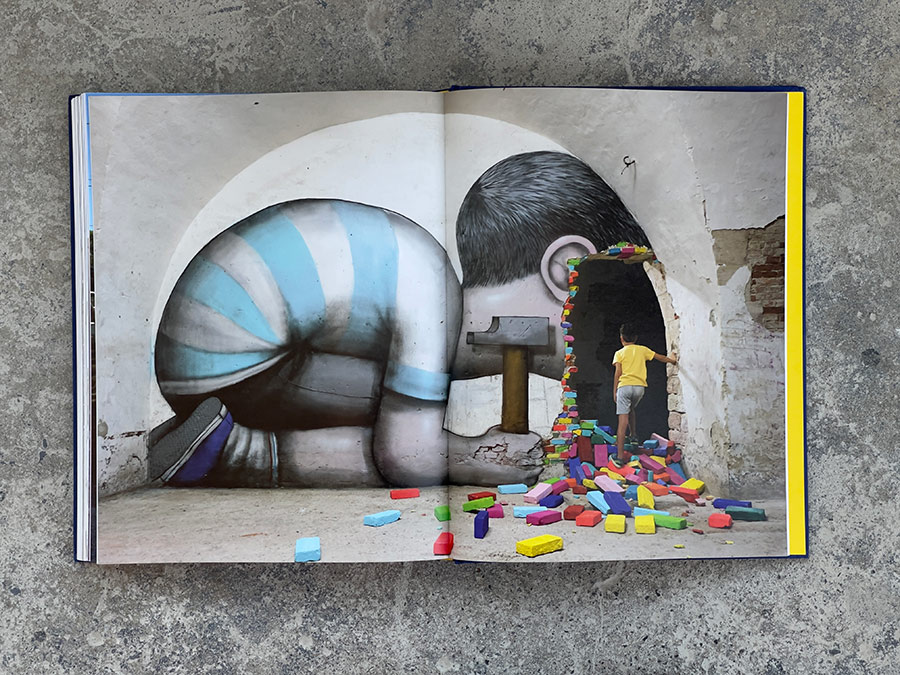
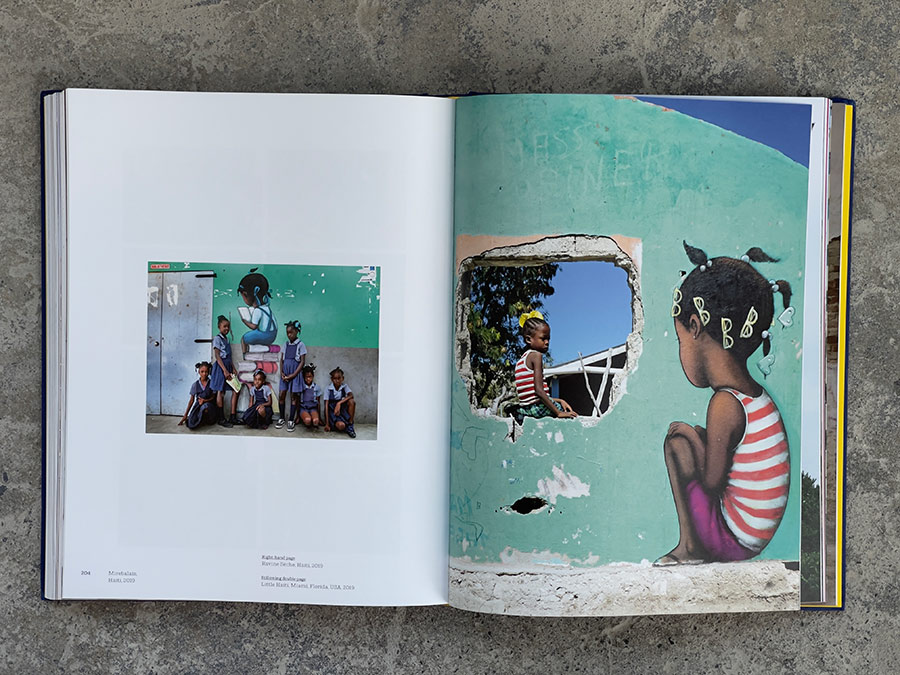
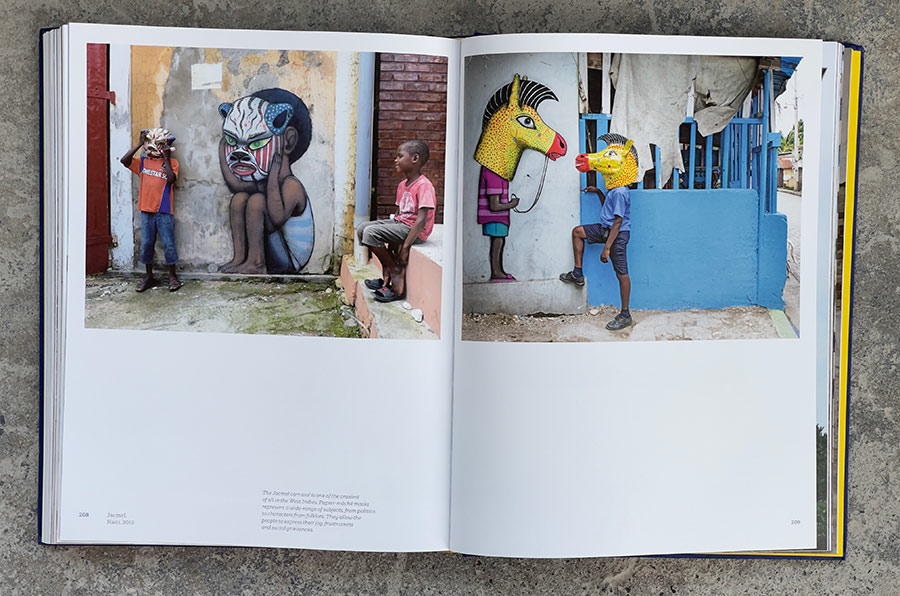
SETH On Walls. Editions de La Martiniere. 2022. Distributed by Abrams. An imprint of ABRAMS, 2023.
Other Articles You May Like from BSA:
Here are new images from St Petersburg, Florida, where The SHINE mural festival was thrown in September for the 3rd year in a row. Kryptk. Shine Mural Festival. St. Petersburg, Florida. October 201...
The abstract expressionist New York graffiti writer John Andrew Parello AKA JONONE has called Paris his home for a couple of decades. So it only makes sense that his oeuvre is well suited here at le m...
Our weekly focus on the moving image and art in the streets. And other oddities. Now screening : 1. The Restoration of Blu / Street Art Banksy & Co 2. Fintan Magee in Puerto Rico fo...
Dutch multidisciplinary street artist Eelco van den Berg (‘Virus) was in back in Brooklyn last week for a minute putting up a new wall with the Bushwick Collective - cat, fox, and bid in his distinc...
Yes, you are right. Cats are not particularly hard-hitting as a topic, but you must admit they are ubiquitous right now. So why wouldn't they be prowling around the streets as well? God knows the...
 BROOKLYN STREET ART LOVES YOU MORE EVERY DAY
BROOKLYN STREET ART LOVES YOU MORE EVERY DAY